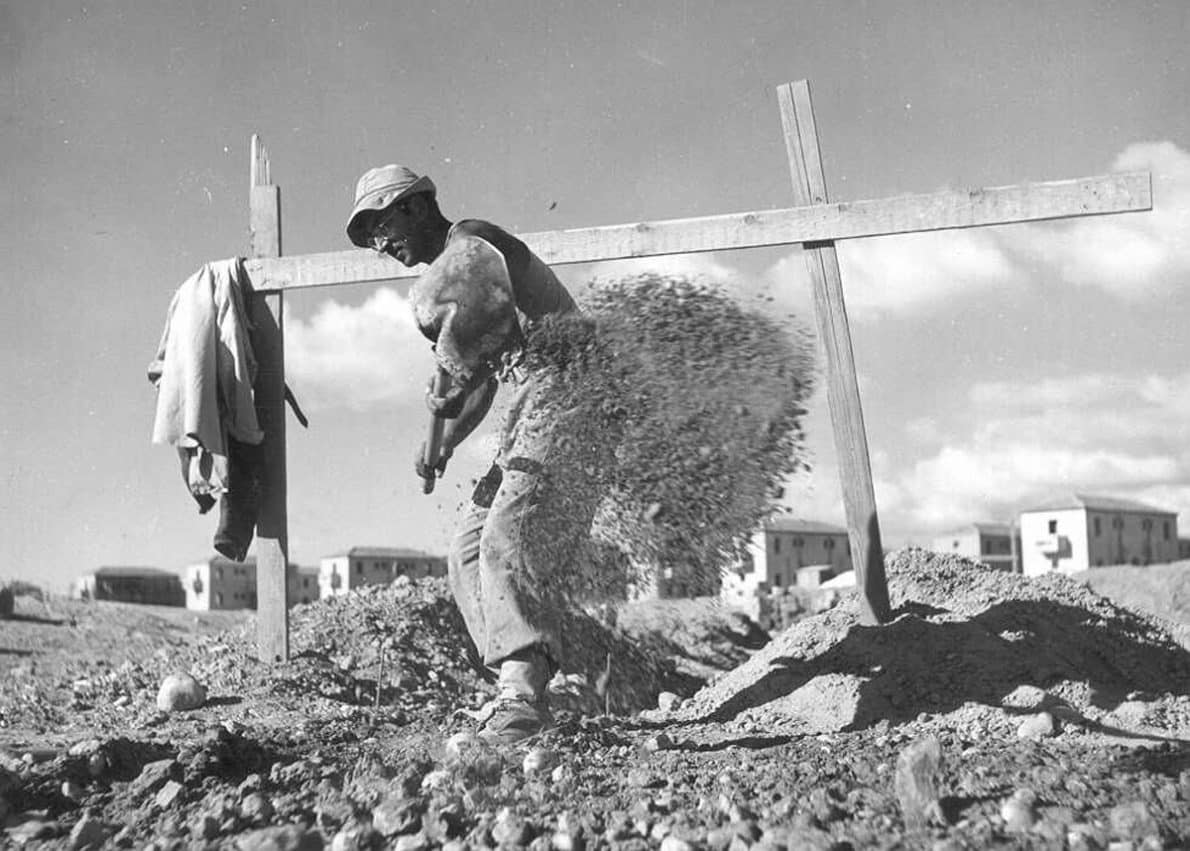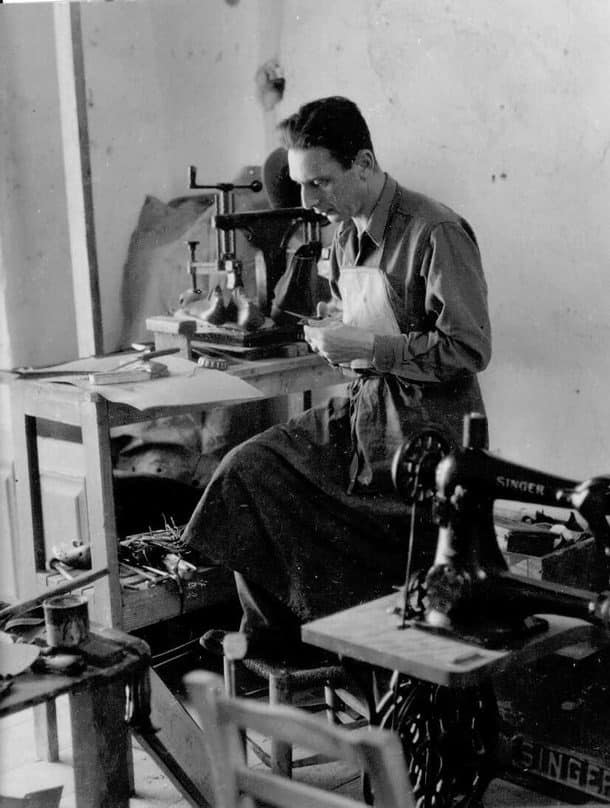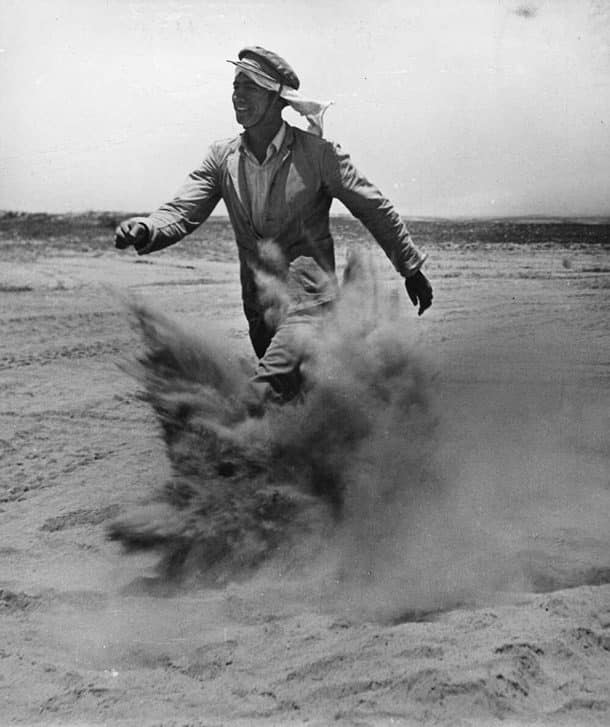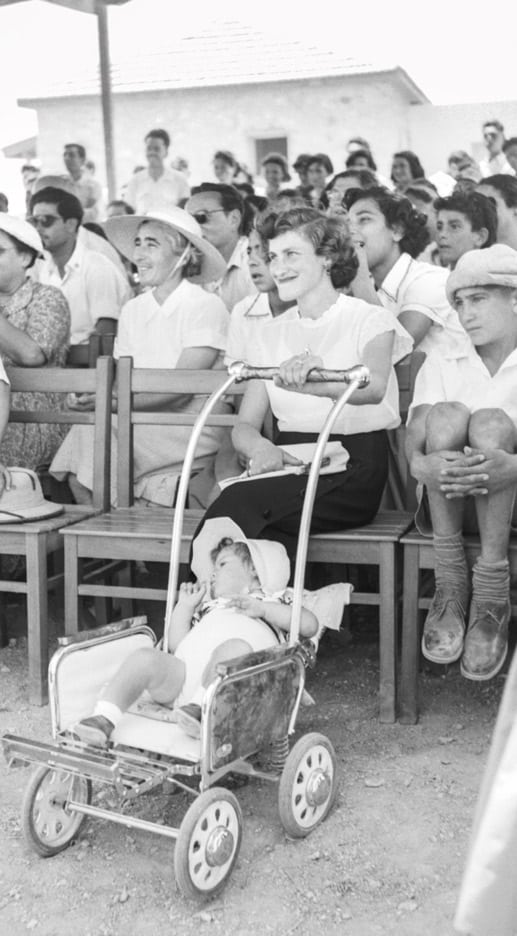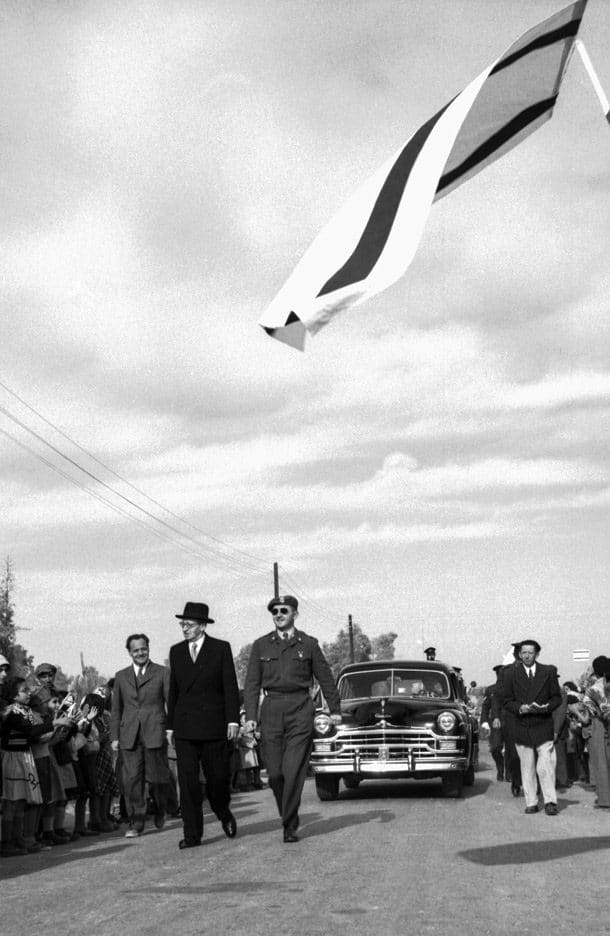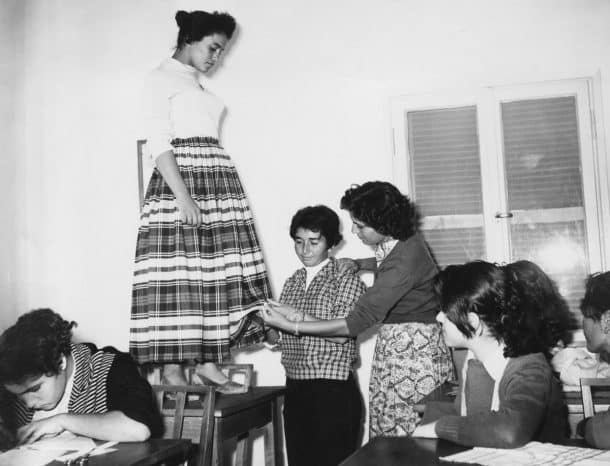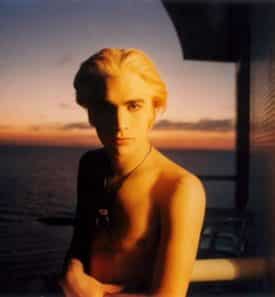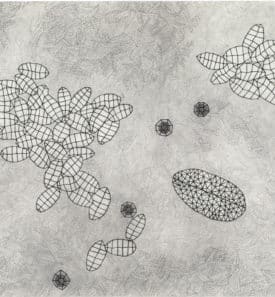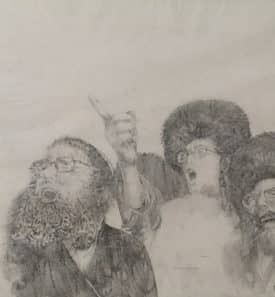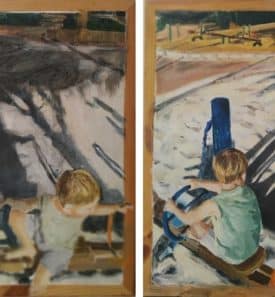The Negev Museum of Art is proud to present to the public a selection of photographs, posters, documents, and films depicting life in Be'er Sheva during the first decades after the founding of the city 70 years ago. The exhibition is the initiative of the Central Zionist Archives to celebrate the 100th anniversary of its foundation, in collaboration with the Steven Spielberg Jewish Film Archive which is currently marking its 50th anniversary.
Archives are treasure troves containing historical and cultural assets accessible chiefly to researchers and experts. It is a welcome decision by the Central Zionist Archives to introduce a wider audience to the wealth of information it possesses, through a series of museum exhibitions across Israel, with the first of them at The Negev Museum of Art. Of that rich material, we chose to focus on Be’er Sheva and visual materials from the city’s early years, which will remind its residents of people and places, institutions, and events that have been forgotten over time.
And yet the resulting picture is not comprehensive or complete, not only because of museum’s dimensions. The Archive’s materials reflect first and foremost the endeavours and outlooks of the settlement organizations: the Jewish National Fund, Keren Hayesod, government agencies, and philanthropic entities associated with them. They decided what to document and particularly how to do so: the photographs are often staged and highlight the establishment agenda – making the desert bloom, absorbing immigrants, education, inauguration ceremonies, visits by dignitaries and donors. Those topics are also featured in documentaries from the period, chiefly propaganda films to recruit donations from overseas. Other aspects of city life are captured in posters, most printed for the Be’er Sheva municipality: they document the city’s cultural institutions, events and celebrations, and also mirror the severe political confrontations that were part of the city’s early history. A selection of press cuttings and documents broadens the picture.
Over the years, these materials – suffused with national ideology – gained historical-documentary value. They reflect the appearance of the city and its neighbourhoods, lifestyles, ways of work, clothing styles, and especially the people – some who shared the vision’s fulfilment, and others in the background.
The date of Be’er Sheva’s founding is usually identified with the War of Independence, with the freeing of the city from the Egyptian army on 21 October 1948. Archival sources reveal plans to set up a new urban center near Ottoman Be’er Sheva long before Israel became a state. Preliminary ideas were discussed in 1946, and during 1947 maps and city plans were drawn up. The Afikim BaNegev company was established to implement them, and it ran the city until the end of 1949, alongside the military administration. Municipal services were then transferred to the municipality, and eventually the city council was established in February 1950.
Much of the exhibition consists of photographs from the 1950s and 1960s, showing places and people in the Old City, including the city hall (now the Negev Museum of Art); the start of construction of residential and public buildings in the new city; young people studying – chiefly in vocational education; ceremonies and festivities. With this glimpse at the past, we hope to enrich the personal and collective memory of Be’er Sheva and its residents in all generations.
All the exhibits are loaned by the Central Zionist Archives and the Spielberg Jewish Film Archive, and we warmly thank the archival staff for their vital help in preparing the exhibition.
Curator: Dr Dalia Manor
Assistant Curator: Nirit Dahan
Be'er Sheva Municipality
Kivunim
Ministry of Culture and Sport
The Central Zionist Archives
The Spielberg Jewish Film Archive
Once upon a time in Be'er sheva: From the collection of The Central Zionist Archives and The Spielberg Jewish Film Archive
21X14 cm
Paperback
38 pages
Editor: Dr Dalia Manor
Design and production: Josseph Jibri / Megama.net

